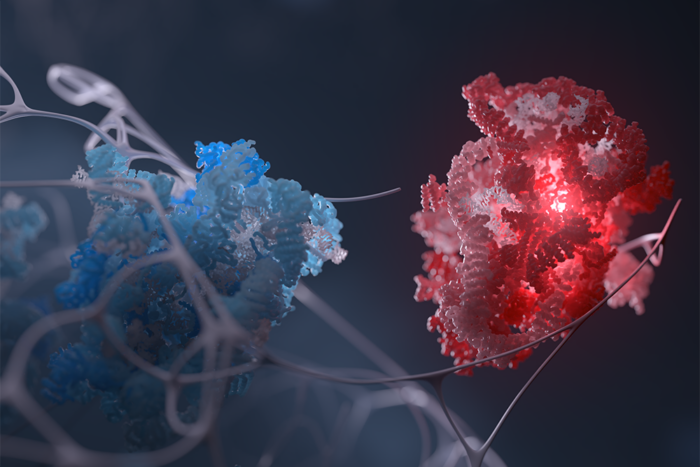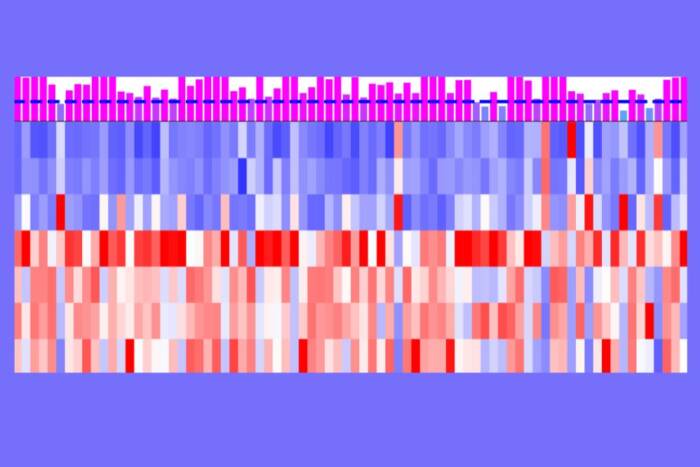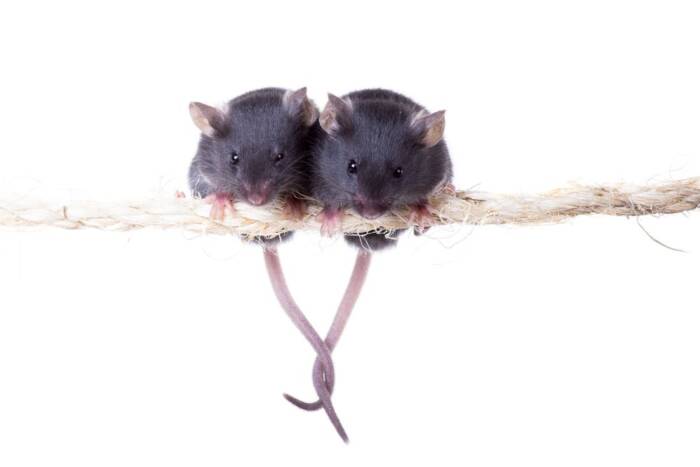Pellegrino awarded 2007 David Rockefeller Fellowship
by TALLEY HENNING BROWN
 (opens in new window)For Maurizio Pellegrino, appreciation of the sciences has always come hand-in-hand with appreciation of the arts, and he developed his passion for both in high school. “I had the kind of teacher you could listen to for hours; there was a constant sparkle in her eyes when she talked about science,” Mr. Pellegrino says. “We did extracurricular activities connecting science and science fiction, science and cinema, science and literature.” That sensibility even runs in his family: His brother earned a degree in geology before becoming a professional actor. Mr. Pellegrino, a third-year student in Leslie Vosshall’s lab and an active member of the university’s choir and improv acting group, received this year’s David Rockefeller Fellowship at the Graduate Luncheon June 21.
(opens in new window)For Maurizio Pellegrino, appreciation of the sciences has always come hand-in-hand with appreciation of the arts, and he developed his passion for both in high school. “I had the kind of teacher you could listen to for hours; there was a constant sparkle in her eyes when she talked about science,” Mr. Pellegrino says. “We did extracurricular activities connecting science and science fiction, science and cinema, science and literature.” That sensibility even runs in his family: His brother earned a degree in geology before becoming a professional actor. Mr. Pellegrino, a third-year student in Leslie Vosshall’s lab and an active member of the university’s choir and improv acting group, received this year’s David Rockefeller Fellowship at the Graduate Luncheon June 21.
Mr. Pellegrino came to Rockefeller in September 2004. Originally from Turin, Italy, he received his undergraduate degree in medical biotechnology at the University of Turin. The summer before his senior year, he came to New York for an internship at the Sloan-Kettering Institute, where he studied the importance of sumoylation — a posttranslational modification involved in various cellular functions — on the cell cycle of budding yeast. He attended lectures by Rockefeller faculty, and when it came time to choose a graduate school, Rockefeller simply struck him as the right match.
He did a bit of comparison shopping before settling on the Vosshall lab. In Marcello Magnasco’s Laboratory of Mathematical Physics, he worked to improve methods of gene expression analysis. It was at one of the first-year seminars that he was first introduced to Dr. Vosshall. “I was so impressed with both her presentation and her research, and it was easy to decide then where I wanted to be.” He switched labs the following year, but his time in the Magnasco lab cemented a lasting collaborative relationship and Dr. Magnasco continues as his co-adviser.
Now in the Laboratory of Neurogenetics and Behavior, Mr. Pellegrino has taken on the problem of elucidating the mechanisms of signal transduction — the process by which olfactory receptors translate smells into responses in the brain. The implications of his research are two-fold. “We are all immersed in the world and surrounded by these sensory signals every moment, and it is a matter of survival for us to react to those signals,” Mr. Pellegrino says. “It also defines the human experience very profoundly, because we interpret the world around us through those signals.” The second implication is the possible decrease in diseases transmitted by insects — including malaria, West Nile virus and viral encephalitis — by essentially blocking the insects’ ability to smell and home in on human targets.
Mr. Pellegrino’s research has progressed rapidly and he has already established a thesis committee, though he will continue his graduate research another two or three years. As for what comes next, he plans to continue behind the bench, but prefers to keep his options open about the setting. “I know that I would like to be in a position where I can play a role in communicating science to the public, perhaps as a liaison between scientists and the media,” he adds.
For the present, he is making the most of his time on campus and in New York. He enjoys going to Broadway shows and takes singing lessons in the city, and he shares his talents with others on campus as a member of the Rockefeller choir and a co-founding member of the improvisational theater group established last year. He lives in Manhattan, not far from campus, and spends much of his downtime exploring the city by foot, regularly ending up in SoHo, Chinatown and Williamsburg, Brooklyn. “If homesickness ever strikes, there are some wonderful Italian restaurants in the city. I can give good recommendations.”


